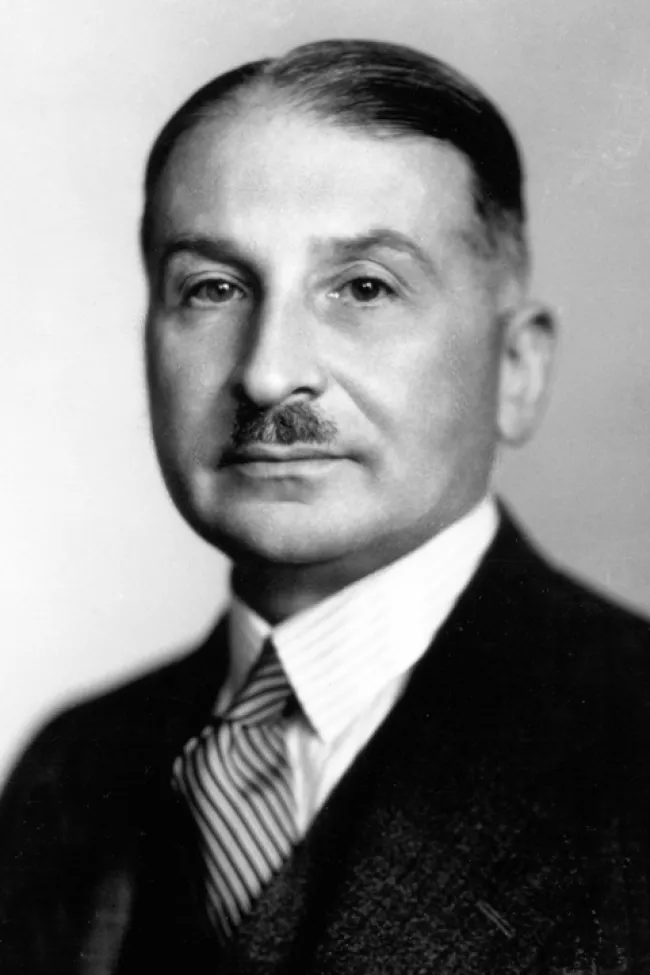This is a “new” book by Ludwig von Mises, the first of a series of lecture transcripts drawn from careful notes taken by Bettina Bien Greaves in the summer of 1951. It features Mises in a role in which we do not usually find him, not as a writer but as a speaker of enormous erudition and power.
There are nine lectures in this book: Economics and its Opponents; Pseudo-Science and Historical Understanding; Acting Man and Economics; Marxism, Socialism, and Pseudo-Science; Capitalism and Human Progress; Money and Inflation; The Gold Standard: Its Importance and Restoration; Money, Credit, and the Business Cycle; and The Business Cycle and Beyond.
If one has doubts about the method by which this book came about, it only takes a quick glance to see that these must be very faithful renderings of what he said in his famous New York seminar. The brilliance, determination, and unique Misesian perspective are all here.
Plus, we find him commenting on matters one usually doesn’t find in his others books, such as the impact that Plato had on the classical world, the place of Rousseau in history, the role of liberalism on the Continent as versus England, the impact of Poincare and Einstein, as well as passing comments on everything from banking debates of the 19th century as well as the role of ideology in modern life.
A thrilling aspect of the book is how one can almost hear Mises speaking as you read through the prose. The reader senses that he or she is right there in the room with Mises as professor and teacher, generously sharing his reflections on theory, history, and politics.
So, for example, Mises begins his fifth lecture: “I want to start tonight with the relations between economics and human practical life, and the consequences of the development of the theory of economics. Kipling said....”
None of us have the chance to study directly under Mises as classroom lecturer, but this book gets us as close to that ideal as is possible. It is a great addition to the overall Mises library.

No content found

Ludwig von Mises was the acknowledged leader of the Austrian school of economic thought, a prodigious originator in economic theory, and a prolific author. Mises’s writings and lectures encompassed economic theory, history, epistemology, government, and political philosophy. His contributions to economic theory include important clarifications on the quantity theory of money, the theory of the trade cycle, the integration of monetary theory with economic theory in general, and a demonstration that socialism must fail because it cannot solve the problem of economic calculation. Mises was the first scholar to recognize that economics is part of a larger science in human action, a science that he called praxeology.
Foundation for Economic Education, 2004

